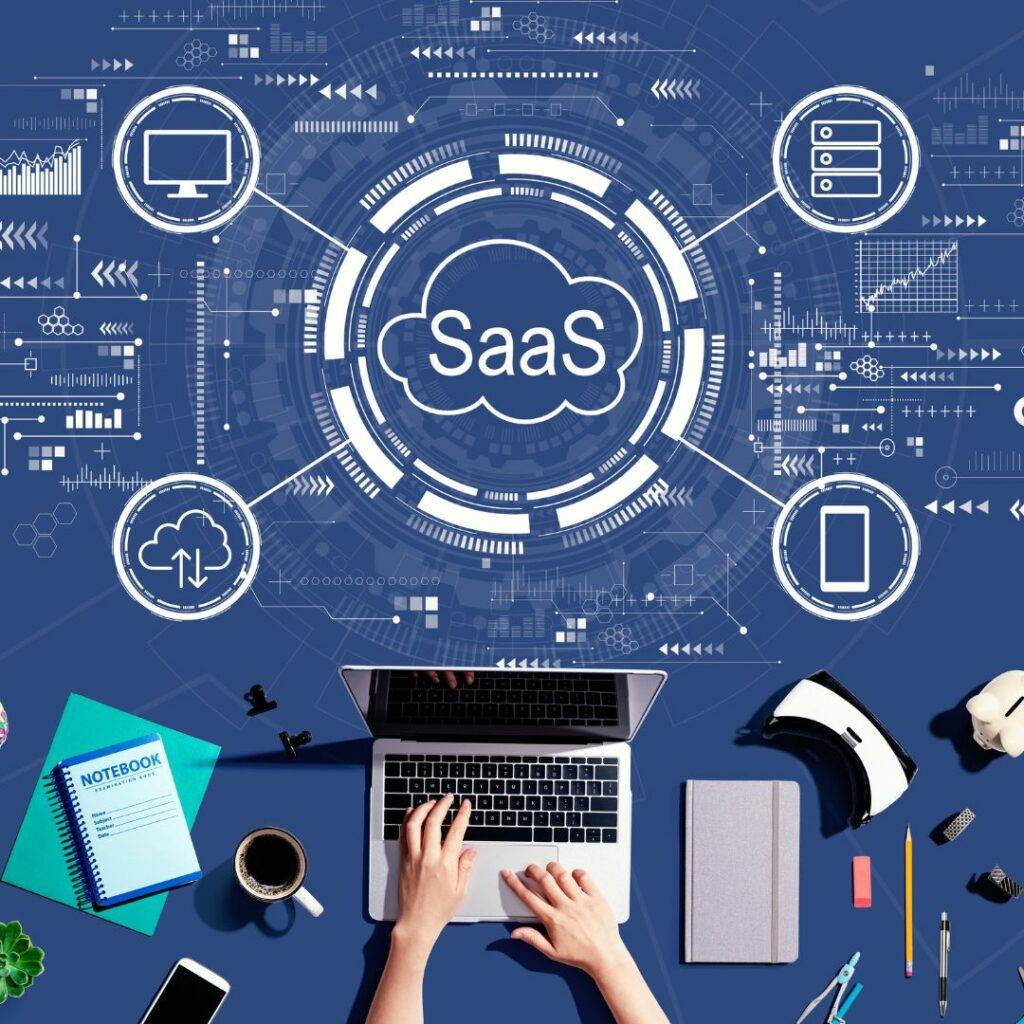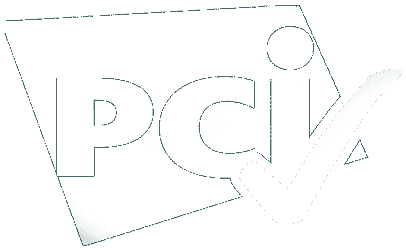

Discover our comprehensive cybersecurity services tailored for the healthcare industry. Safeguard your medical records and infrastructure with our expert solutions. Enhance your organisation's resilience and trustworthiness with our cutting-edge cybersecurity expertise.
Protect your agricultural operations from cyber threats with our specialised cybersecurity services. Stay compliant with industry regulations and maintain the integrity of your valuable farming data. Trust our expertise to secure your agricultural operations and enable sustainable growth in the digital age.
Discover our comprehensive cybersecurity services tailored for the fintech industry. Safeguard your financial technology infrastructure with our expert solutions. Enhance your fintech's resilience and trustworthiness with our cutting-edge cybersecurity expertise.
SaaS cybersecurity risks include cloud misconfigurations, which can expose sensitive data if the cloud services are not properly set up & secured. Another risk is third-party risk, where the security of the SaaS platform relies on the security practices of the third-party providers involved. Additionally, zero-day vulnerabilities pose a risk, as they are unknown vulnerabilities that can be exploited by attackers before a patch or fix is available.
To ensure the security of a SaaS application, providers can implement a range of security measures. One important measure is enhanced authentication, which involves implementing strong & Multi-Factor Authentication [MFA] methods to verify user identities. Data encryption is another crucial step, where sensitive data is encrypted both during storage & transmission to protect it from unauthorised access.
Cloud Access Security Broker [CASB] tools provide additional security controls & visibility into the cloud environment. Situational awareness, achieved through continuous monitoring & threat intelligence, helps identify & respond to security incidents promptly. Lastly, utilising SaaS Security Posture Management [SSPM] solutions allows for comprehensive management & enforcement of security policies across the SaaS infrastructure.
Risks of cloud computing include data breaches & unauthorised access to sensitive information, as well as the possibility of cloud misconfigurations that could expose data to unintended parties. Additionally, cloud computing introduces the risk of supply chain attacks, where attackers target the cloud infrastructure or compromise the software or services during development or distribution. Furthermore, the reliance on third-party cloud service providers introduces the risk of third-party breaches or failures that may impact the security of the cloud environment.
Cloud technology introduces various cybersecurity risks that organisations should be aware of. One significant risk is data breaches, where sensitive information stored in the cloud may be compromised or accessed without authorization. Cloud misconfigurations pose another risk, as improper configuration settings can inadvertently expose data to unauthorised individuals. Additionally, the shared responsibility model between cloud service providers & customers can lead to potential gaps in security, making it essential for organisations to understand & address their own responsibilities in securing their cloud environments.





















